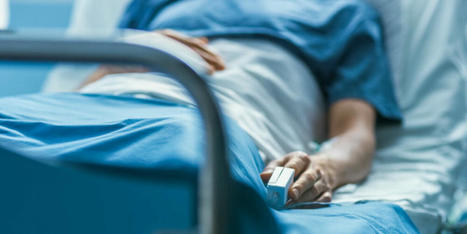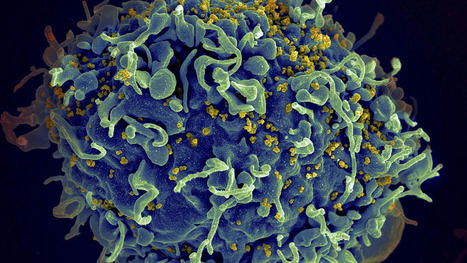The patient is a soldier who had recently returned from abroad. People who may be at risk through contact with him are being traced. A case of Lassa fever - endemic to West Africa and spread by rats - has been reported in the Paris region. The patient, a soldier who had recently returned from abroad, is now in the Bégin military hospital in Saint-Mandé (Val-de-Marne). The Ministry of Health has said that an “in-depth epidemiological investigation is under way to determine the persons who may have been in contact with him”. It said his condition “does not give cause for concern”.
What is Lassa fever?
The fever takes its name from the town where it was first identified and isolated - Lassa in Nigeria, West Africa - and where it killed a nurse in 1969. It is now common in Nigeria, Guinea, Liberia, and Sierra Leone, and cases have also been reported in Cote d’Ivoire and Burkina Faso. There have been two epidemics in Benin in recent years; one in 2014 and another in 2016. The virus kills between 5,000 and 6,000 people per year in West Africa, and infects between 100,000 and 300,000 people. Its incubation period - from infection to symptoms - varies from two to 21 days. “The virus circulates almost constantly, especially in Nigeria, which is the worst-affected country,” said Sylvain Baize, head of the emerging viral infections unit at the Institut Pasteur, to BFMTV. “In all, it is estimated that 160 to 180 million people are potentially at risk.”
How does Lassa fever spread?
The virus is spread by rat faeces from the Natal rat (Mastomys natalensis), which is native to West Africa. The World Health Organization states: “The virus can also be transmitted from human to human by direct contact with the blood, urine, excrement or other bodily secretions of a contaminated person.”
What are the symptoms of Lassa fever?
In 80% of cases, it causes no symptoms. However, in the remaining 20%, symptoms come on gradually and become increasingly severe. They include fever, vomiting, nausea, stomach pain, and headaches. In 15% of cases, symptoms are worse, and include oedema (fluid build-up); pleurisy (inflammation of the lung lining); and oral, nasal or vaginal haemorrhage. The fever is fatal in around 1% of cases, as it goes on to cause organ failure. Of those who develop serious symptoms and do survive, some will have lasting heart problems, and 25% will become deaf. Only half of these will recover their hearing after one to three months.
It is especially dangerous for pregnant women.
What is the treatment for Lassa fever?
So far, only one treatment has been identified. This is the antiviral agent ribavirin. This must be given very soon after infection to be effective. However, because the symptoms of the fever typically appear similar to other conditions (including malaria and dysentery), by the time the condition is confirmed, it is usually too late to give the drug. There is no vaccine yet available, although the Institut Pasteur released promising results to an international phase one trial in April. After-effects sometimes appear in those who survive this fever: 25% become deaf. Only half recover their hearing after one to three months.
May 3, 2024



 Your new post is loading...
Your new post is loading...










